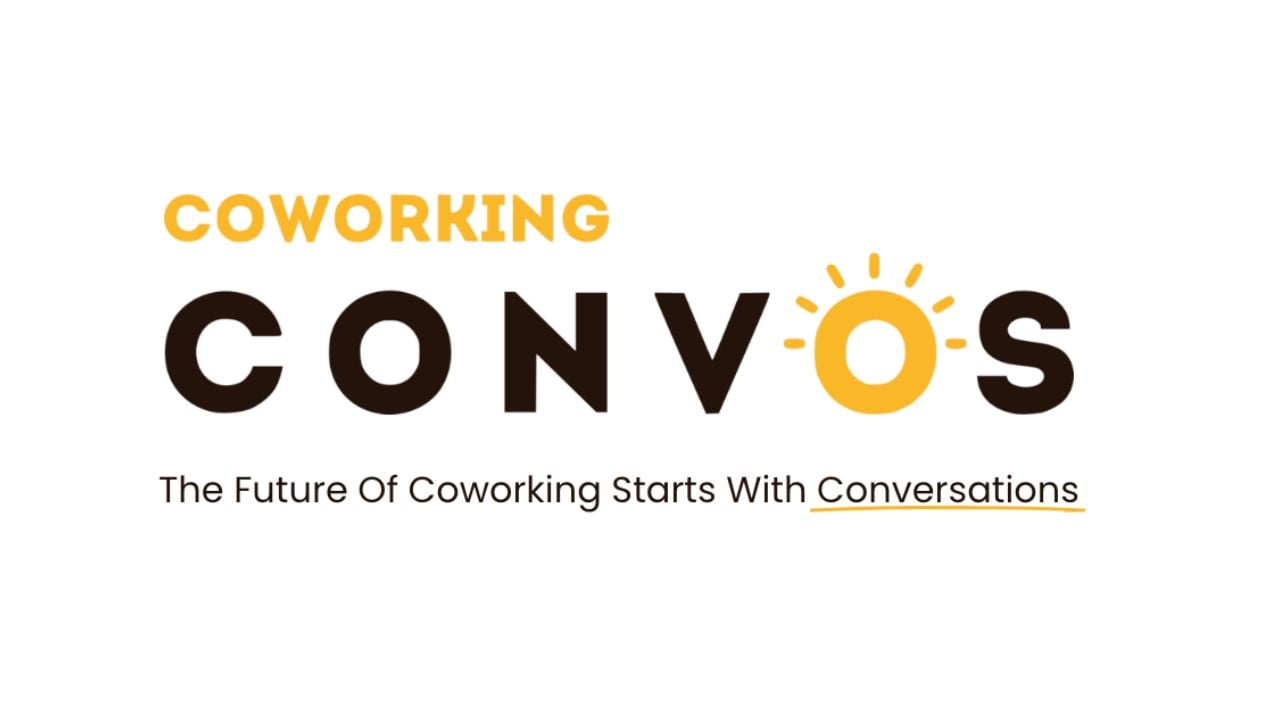- 71.7% of workers say that a positive work environment is at the top of their list of most important aspects for a new job.
- According to iHire, 10.4% of job seekers said they plan to use AI tools, like ChatGPT, for resume writing or job search assistance in 2024.
- iHire’s data reinforces the idea that flexible work options are no longer a perk, but a key part of attractive opportunities that many in the workforce are craving.
The global job market is already experiencing major changes this year.
Economic factors like high inflation persist into 2024, influencing corporate strategies while cooling the labor market. These factors, however, are not preventing job seekers from exploring new opportunities. Changes in employee demands are just as likely to impact the job market, and it’s leading organizations to rethink how they approach the hiring process.
Employee demands such as greater flexibility, workplace culture, age diversity, professional development opportunities, and the introduction of artificial intelligence into the workplace, are all influencing attraction and retention efforts across diverse fields. These unique changes in the labor market were highlighted by iHire in its recent survey of 1,327 job seekers spanning 57 industries.
“As employers rebound from a year marked by economic uncertainty, talent shortages, and hiring slowdowns in some industries, they are seeking to optimize their approaches to talent acquisition, development, and retention,” iHire’s President and CEO Steve Flook stated in the company’s report.
When asked, “How soon into the new year will you begin your search?” 73.8% of respondents stated, “I’m looking right now,” followed by the 10.9% who replied, “Immediately,” and the 11.8% who responded “In the first 3 to 6 months of 2024.”
This suggests that the job market is about to turn up the competition, with 88.0% of respondents stating that they plan to search for a new job in 2024. Only 2.8% of respondents in the survey stated that they aren’t planning to search for a new job.
With an influx of job seekers expected to hit the labor market this year, it’s important to dive a little deeper to spot trends. Below is a short list of labor market trends based on iHire’s data.
Employees are looking for more than just a good salary
First off, there is a changing of the guard in-terms of job seeker preferences. iHire’s data reveals that in 2024 job seekers are prioritizing a wide array of “must-haves” for jobs that go beyond having a good salary.
71.7% of the survey’s respondents said that at the top of their list of most important aspects for new jobs is a positive work environment. This is followed by good relationships with management (53.7%) and comprehensive benefits and perks (53.0%).
Other perks, or important aspects cited by job seekers were:
- Company’s Culture: 44.6%
- Company’s values align with my own: 43.3%
- Growth and advancement opportunities: 42.7%
- Professional development opportunities: 37.5%
- Ability to work remotely: 31.9%
- Ability to work a hybrid schedule: 24.1%
- Ability to work in person: 19.8%
- Company’s commitment to DE&I: 9.6%
- Other: 3%
- None of these: 3%
The data aligns with similar studies published in 2023, like one published by Resume Lab suggesting Gen Z employees are seeking more work-life balance, meaningful job roles, and personal growth over hefty paychecks. One study published by Glassdoor in 2023 revealed that Gen Z is on track to outnumber Baby Boomers in the U.S. workforce in 2024 — suggesting that these changes in employee preferences are factors employers should pay attention to this year.
AI-related tools are being adopted by more job seekers
The survey also predicts a rise in job seekers who are using AI-related tools during their job search this year. According to iHire, 10.4% of job seekers said they plan to use AI tools, like ChatGPT, for resume writing or job search assistance in 2024.
Other recent studies also suggest using generative AI during the job application process is becoming a more common approach among job seekers. iHire’s data coincides with a similar survey conducted by Canva and Sago which reveals that out of 5,000 job seekers, 45% reported having used AI to improve, update, or create their resumes and job applications.
The mounting data suggests that hiring managers should anticipate a greater number of applications created with AI this year, and this number is expected to increase further in the coming years as more people use the technology in the workplace.
One survey published by Oliver Wyman Forum estimates, “[G]enerative AI could add up to $20 trillion to global GDP by 2030 and save 300 billion work hours a year.” The report reveals that 55% of employees globally are using generative AI at least once a week at work.
Ageism is an ongoing concern among job seekers
The modern workforce is in a very unique situation, currently spanning multiple generations of employees including Baby Boomers, Gen X, Millennials, and now Gen Z. However, this broad range in ages adds to persistent concerns of ageism in the workforce.
In iHire’s survey, ageism was revealed to be the largest concern among job seekers — with 42.0% saying they were worried about its impact on their job search or workplace experiences.
Other concerns cited in the survey were:
- Getting ghosted by employers when applying for jobs: 33.9%
- Economic downturn/recession: 33.0%
- Stress/burnout: 28.1%
- Getting laid off from a job: 14.7%
- Artificial intelligence (AI) displacing my job: 7.8%
- Employers requiring me to return to the office: 5.9%
Flexibility remains a positive for attraction and retention
The increasing demand for greater flexibility is not just being recorded in white collar office jobs. Last year, a survey published by Gallup of nearly 35,000 workers revealed that while 58% of America’s workforce is made up of front-line workers — such as those in manufacturing, healthcare, and retail.
These employees do not generally “envy” their remote-working counterparts. Instead, they seek greater flexibility in their own roles. 33% of front-line workers surveyed said they would consider leaving their current job for a remote work opportunity — placing higher value on greater schedule flexibility and more vacation time.
iHire’s data reinforces the idea that flexible work options are no longer a perk, but a key part of attractive opportunities that many in the workforce are craving. When job candidates were asked whether they expect to spend most of their time working in-person, remotely, or in a hybrid work environment this year, 42.1% said they plan to work in person. Meanwhile, 43.4% said they plan to work either remotely or in a hybrid setting.
Professional development opportunities are in demand
The report also showed that 42.7% of job seekers are demanding more professional development opportunities. This sentiment is especially prominent with younger employees. A survey published by StaffCircle, revealed that a majority, or 73%, of Gen Z workers are likely to leave an organization if they do not receive frequent feedback and communication from their managers — compared to 52% of non-Gen Z employees.
Another similar study conducted by Go1, revealed that nearly half, or 46%, of those participating in the workforce feel that their university education did not adequately prepare them for their professional roles. This sentiment was found across multiple generations in the workforce, from Baby Boomers to Gen Z.
According to Go1’s survey, 66% of employees believe learning and development (L&D) opportunities are “absolutely essential and valuable.” This suggests that providing professional development opportunities, including upskilling, are very important factors for attraction and retention efforts.
Engaging candidates effectively during the job application process
A survey by TopInterview showed that the top concern by job seekers was being “ghosted” by either hiring managers or recruiters. Ghosting, or not receiving further communication after initially being contacted, is a major pain point felt by job seekers and it’s highlighted in iHire’s study.
Job seekers are looking for effective communication from employers that they can trust and from organizations they can feel a part of. iHire suggests that prioritizing clear and consistent communication through the hiring process not only improves the candidate experience but can also strengthen an employer brand.

 Dr. Gleb Tsipursky – The Office Whisperer
Dr. Gleb Tsipursky – The Office Whisperer Cat Johnson – Coworking Marketing Maven
Cat Johnson – Coworking Marketing Maven Angela Howard – Culture Expert
Angela Howard – Culture Expert Drew Jones – Design & Innovation
Drew Jones – Design & Innovation Andrea Pirrotti-Dranchak – Competitive Advantage
Andrea Pirrotti-Dranchak – Competitive Advantage Jonathan Price – CRE & Flex Expert
Jonathan Price – CRE & Flex Expert Jeremy Fennema – Tech Innovation Alchemist
Jeremy Fennema – Tech Innovation Alchemist












